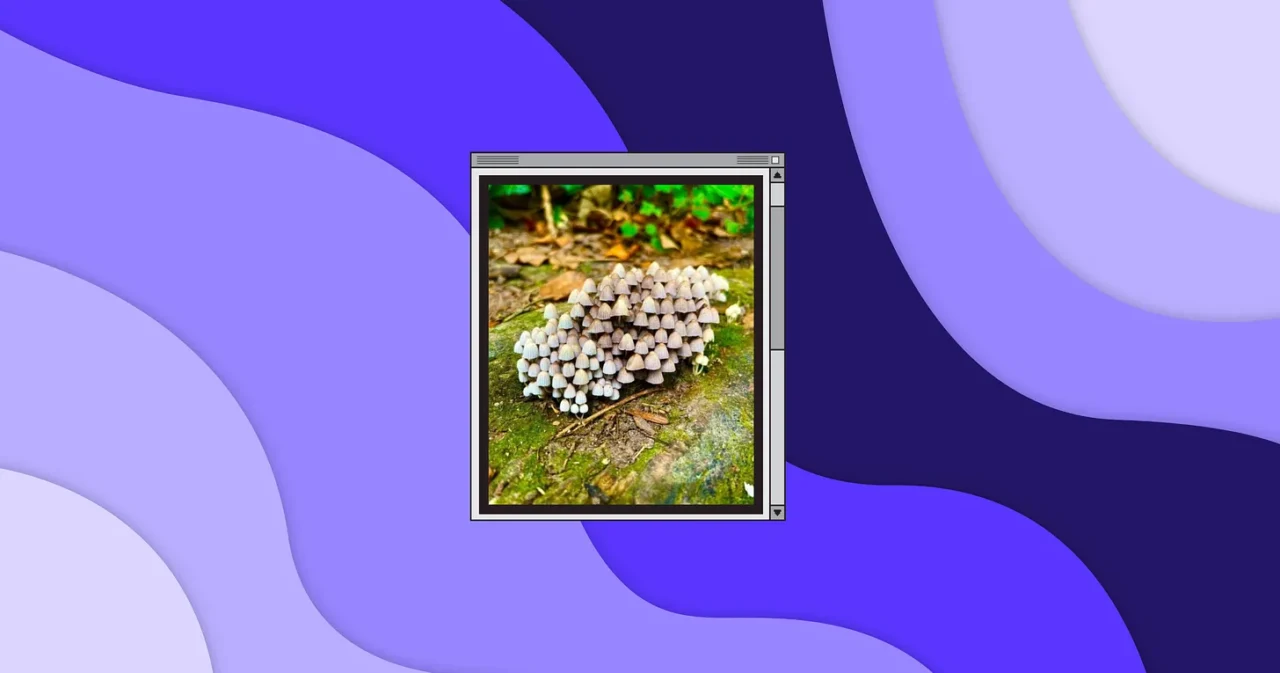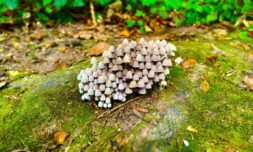I often think about the joys of seeing the natural world through the eyes of a child and whether this could incentivise us adults to treat it with more care and appreciation.
When was the last time you went for a walk?
I’m not talking about getting from A to B, or strolling through city streets with your headphones in, but really losing yourself to the natural world as you put one foot in front of the other, synchronising with the surrounding biodiversity; the flora, the fauna, and everything in between.
This is something I endeavour to do as often as possible.
Though simple, little else brings me so much joy and I’ve been told, by many, that you can see this on my face.
‘You look like a child who’s only just been introduced to the outdoors,’ a friend once said, noting my expression: eyes wide, mouth agape.
‘I genuinely feel like it,’ I remember responding, quietly surprised that they weren’t as visibly in awe of the beauty that lay before us (probably a lake, or copse of trees, or some enshrouded mushrooms you wouldn’t spot unless you were actively searching for them).
This got me thinking. While it would be a sweeping generalisation to say that I’m alone in my deep-rooted admiration of the Earth, how isn’t everyone as obsessed as I am with the things that humans have played no part in creating?
Obviously, there are numerous reasons behind this.
To begin with, for as long as we’ve existed, so too has our devotion to progress. Ever since we got the ball rolling and started advancing as a race, we’ve been doing so at breakneck speed, growing increasingly ignorant towards the destruction this has left (and continues to leave) in its wake and prioritising society’s streamlining above all else.
This has bred a collective materialist mindset, which most of us are in the clutches of because we unquestioningly crave instant gratification and buying new products – now available to us at the touch of a button – both fulfils that desire in mere seconds and keeps the comparison culture-driven insecurities at bay.
Combine these two, et voila! You’ve got the final and most efficient factor that’s working tirelessly to prevent us from engaging with the environment: technology.
Intended to make our lives significantly easier, accelerate correspondence, and bring a whole new meaning to entertainment, the digital age has succeeded in doing all of this, while simultaneously distracting us from what’s there when we’re not staring at a screen.
‘But the Internet’s helpful,’ I hear you muse. ‘We wouldn’t have the faintest idea of what’s happening to our planet if we were without it,’ you add. And you’re not wrong.
However, as amazing as it is that we have the opportunity to virtually visit places we’ll likely never be able to, as well as stay up-to-date with the latest discoveries (good and bad), can you hand-on-heart say that social media is heightening your eco-consciousness?
It may well be making you more aware, more sensitive to the havoc we’re persistently wreaking, but does it actually evoke feelings of nature-connectedness within you?




















